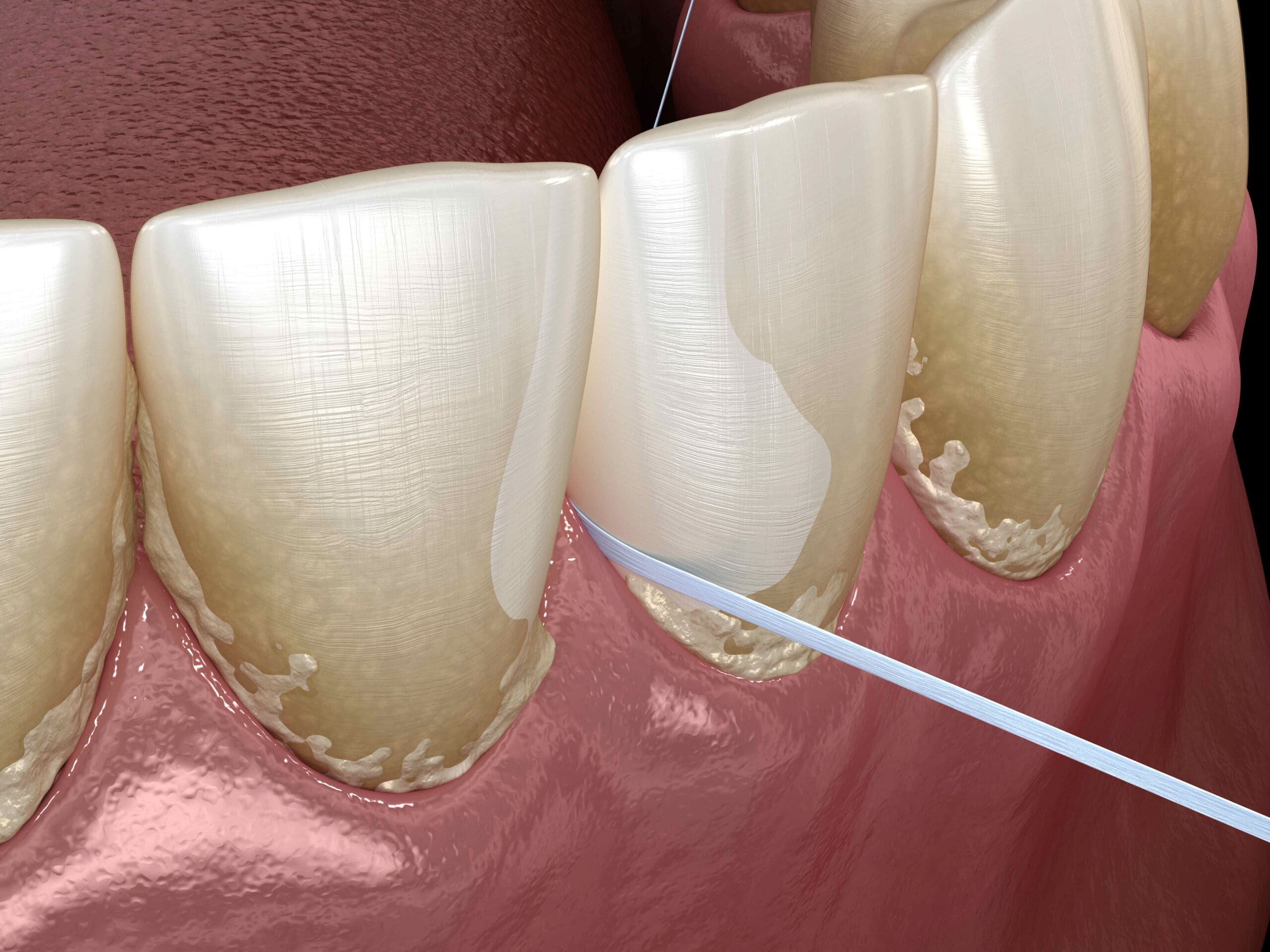How important is dental plaque removal in the fight against tooth decay? Dental plaque removal is crucial as it helps prevent the buildup of harmful bacteria that can lead to cavities and other oral health issues. By understanding the essential steps involved, individuals can maintain healthier teeth and gums.
Dental Plaque Removal: Understanding Dental Plaque Formation
Dental plaque removal is a critical aspect of maintaining oral health but understanding how dental plaque forms is equally important. Dental plaque is a sticky, colorless film of bacteria that constantly forms on our teeth. It develops when food particles and saliva combine, creating an environment where bacteria can thrive. This bacterial buildup can lead to tooth decay and gum disease if not properly managed. The process of plaque formation is natural and occurs in everyone’s mouth, making regular oral hygiene practices essential for maintaining a healthy smile.
The formation of dental plaque is a continuous cycle that begins shortly after eating or drinking. As bacteria feed on the sugars in our diet, they produce acids that can erode tooth enamel, leading to cavities. Over time, if plaque is not removed, it can harden into tartar, which is more difficult to eliminate and can contribute to more severe dental issues. Understanding this process highlights the importance of consistent dental care routines. For more insights into maintaining oral health, explore our article on Professional Teeth Cleaning: Why It’s Crucial for Your Oral Health.
Importance of Regular Dental Checkups
Regular dental checkups play a crucial role in maintaining oral health and preventing tooth decay. These checkups allow dental professionals to identify early signs of plaque buildup and other potential issues that could lead to more serious dental problems if left untreated. By attending regular appointments, individuals can ensure that their teeth and gums are thoroughly examined, helping to maintain a healthy mouth and prevent the onset of cavities and gum disease.
Moreover, routine visits to the dentist provide an opportunity for professional cleaning, which is essential for removing plaque that cannot be eliminated by regular brushing and flossing alone. This professional care helps in maintaining optimal oral hygiene and contributes to overall health. For those seeking expert advice and care, the Parker Dental Hygiene Experts are well-regarded for their comprehensive approach to dental health.
Role of Professional Cleanings
Professional cleanings play a crucial role in dental plaque removal, serving as a fundamental component in maintaining oral health and preventing tooth decay. During these cleanings, dental professionals utilize specialized tools and techniques to effectively remove plaque and tartar buildup that regular brushing and flossing might miss. This process not only helps in maintaining a clean and healthy mouth but also aids in identifying potential dental issues early on. By incorporating professional cleanings into your oral care routine, you can ensure a more comprehensive approach to dental plaque removal, ultimately contributing to better overall dental health.
Impact of Diet on Oral Health
The foods and beverages you consume play a significant role in the formation and prevention of dental plaque, which is a sticky film of bacteria that can lead to tooth decay if not properly managed. Sugary and starchy foods are particularly notorious for contributing to plaque buildup, as they provide an ideal environment for bacteria to thrive and produce acids that erode tooth enamel.
On the other hand, a balanced diet rich in nutrients can support oral health by strengthening teeth and gums, making them more resistant to decay. Understanding the impact of diet on oral health is crucial for effective dental plaque removal and maintaining a healthy smile. For more information on maintaining oral health, visit Ardas Family Dental, your trusted Parker Dentist.
Significance of Oral Hygiene Routine
Maintaining a consistent oral hygiene routine is crucial in the battle against dental plaque, a sticky film of bacteria that forms on teeth and can lead to tooth decay if not properly managed. Dental plaque removal is an essential aspect of oral health, as it helps prevent the buildup of harmful bacteria that can cause cavities and gum disease. By prioritizing regular oral care practices, individuals can significantly reduce the risk of dental issues and promote overall oral health. A dedicated approach to oral hygiene not only supports the removal of dental plaque but also contributes to fresher breath and a healthier smile.“`html
Consequences of Neglecting Plaque Removal
Neglecting dental plaque removal can lead to a host of oral health issues, significantly increasing the risk of tooth decay and gum disease. When plaque is not regularly removed, it hardens into tartar, which can only be eliminated by a dental professional. This buildup creates an environment where harmful bacteria thrive, leading to cavities and potentially more severe conditions like gingivitis or periodontitis. Over time, these issues can result in tooth loss and may even impact overall health, as oral bacteria can enter the bloodstream and contribute to systemic conditions such as heart disease. Therefore, consistent dental plaque removal is crucial for maintaining both oral and general health.
Connection Between Plaque and Gum Disease
Understanding the connection between plaque and gum disease is crucial for effective dental plaque removal. Plaque, a sticky film of bacteria, constantly forms on your teeth and can lead to gum disease if not properly managed. When plaque is not removed through regular brushing and flossing, it hardens into tartar, which can irritate the gums and cause inflammation known as gingivitis. If left untreated, gingivitis can progress to periodontitis, a more severe form of gum disease that can result in tooth loss. Therefore, consistent dental plaque removal is essential not only for preventing tooth decay but also for maintaining healthy gums and overall oral health.
How Plaque Affects Overall Health
Dental plaque removal is not only crucial for maintaining a bright smile but also plays a significant role in safeguarding your overall health. Plaque, a sticky film of bacteria that forms on teeth, can lead to more than just cavities and gum disease if left unchecked. The bacteria in plaque can enter the bloodstream through inflamed gums, potentially contributing to systemic health issues such as heart disease, diabetes, and respiratory problems. By prioritizing dental plaque removal through regular brushing, flossing, and professional cleanings, you can reduce the risk of these serious health conditions and promote a healthier body overall.
Long-term Benefits of Plaque Control
Effective dental plaque removal is not just about maintaining a bright smile; it plays a crucial role in ensuring long-term oral health. By consistently managing plaque buildup, you significantly reduce the risk of tooth decay and gum disease, which are common consequences of neglected oral hygiene. Over time, this proactive approach can lead to stronger teeth and healthier gums, minimizing the need for costly dental treatments and interventions. Additionally, maintaining good plaque control can contribute to overall health, as poor oral hygiene has been linked to systemic conditions such as heart disease and diabetes. Therefore, investing time in proper dental plaque removal techniques is an investment in your long-term health and well-being.
Conclusion
Maintaining oral health is crucial, and understanding the importance of dental plaque removal can significantly aid in preventing tooth decay. For more information or to schedule an appointment, call 720-459-8420 or visit our Google Maps page to read reviews.

